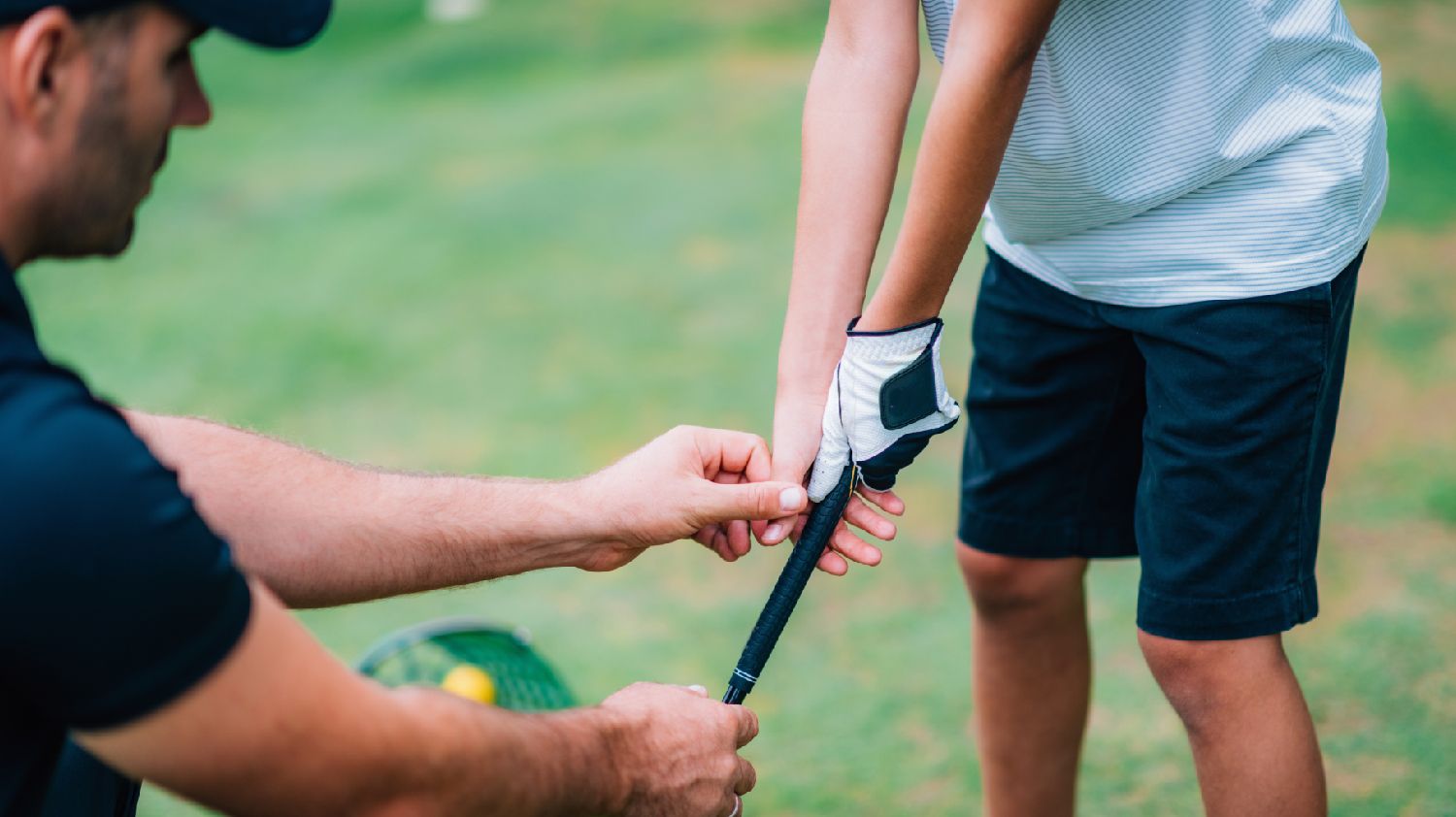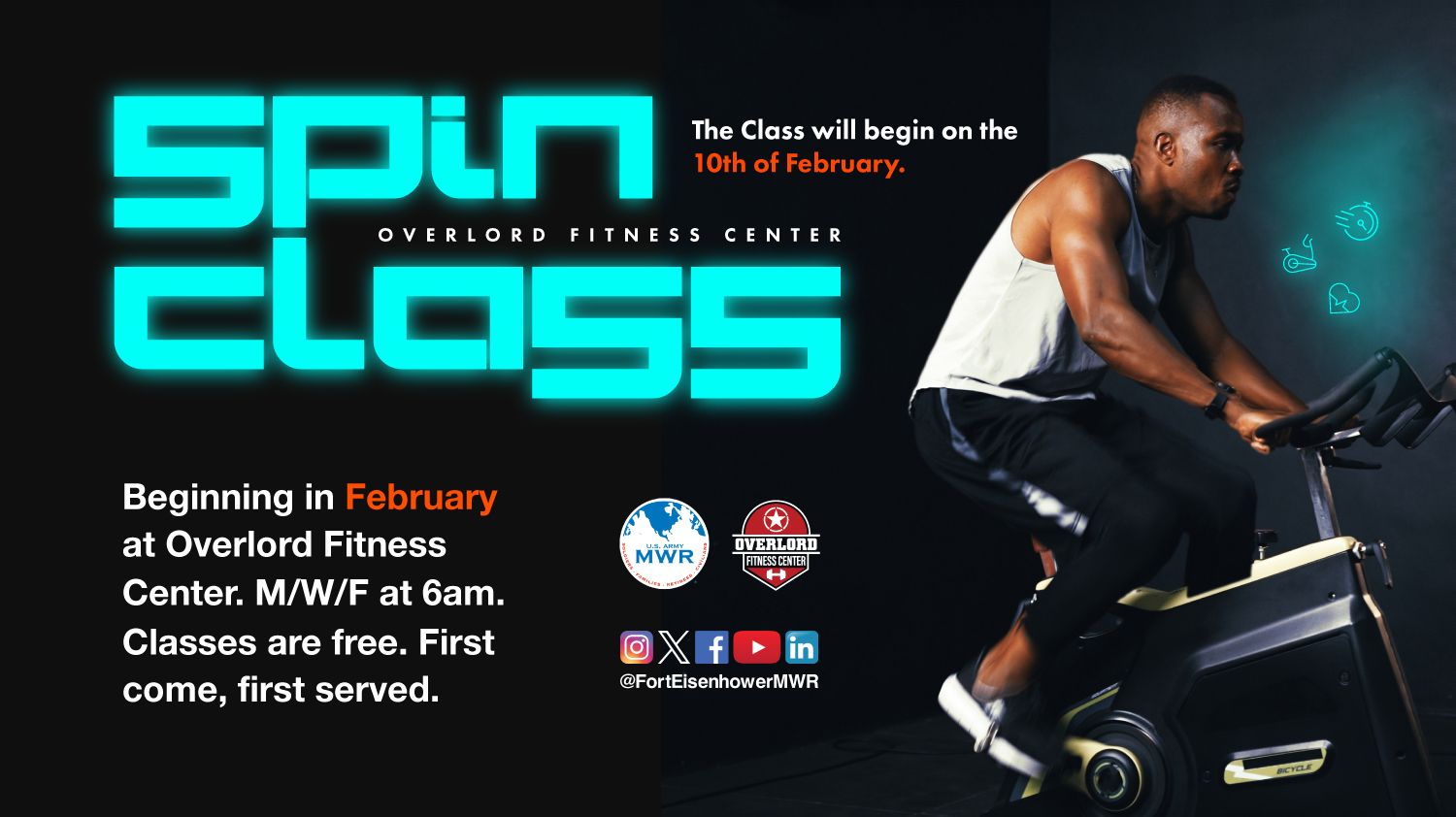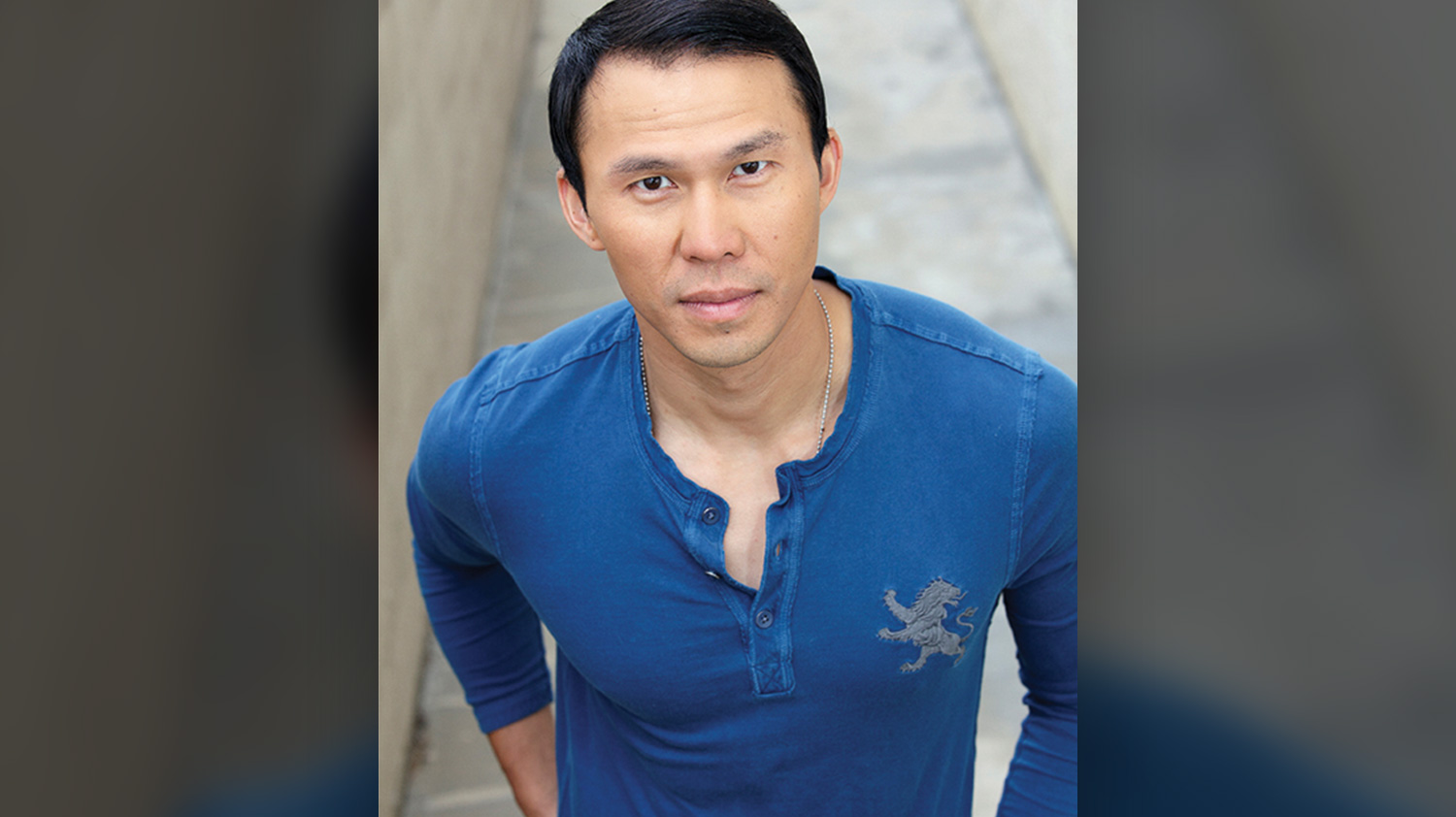Written by Molly Swift on June 4, 2012.
There is a thin line that separates laughter and pain, comedy and tragedy, humor and hurt.
-Erma Bombeck
Thom Tran enlisted in the Army in 1997, while still in high school. He went to basic training at Fort Jackson, SC and then onto AIT at Fort Gordon. After his military career was abruptly halted by a sniper’s bullet, Tran pursued a career in comedy. As a bonus, Thom has also enjoyed some perks of L.A. life - making an appearance as the Vietnamese dude in Call of Duty: Black Ops, as well as starring in a variety of films and TV shows. I caught up with him to chat about his comedy troupe, the GIs of Comedy. The GIs are Thom Tran, Jose Sarduy, Tom Irwin, and Will Care; veterans of the United States Army, Air Force, and Marine Corps. Their motto: Standup comics. All Veterans. Still serving. One joke at a time.
Thom, you had a normal start to your military career – tell us how that played out.
“Yes, Fort Gordon is still one of my favorite posts in the whole world; I was with Bravo Co 369 – I remember Barton Field quite fondly, for both good and bad reasons! I then went onto the Civil Affairs and Psychological Operations unit under US Army Special Operations. I cross-trained as Civil Defense Sergeant and deployed to Iraq with Psychological Operations – then I was wounded in April of 2003.
After that deployment, I worked with the recruiters for about a year − I was medically released from service in 2005. Stand-up comedy became something I did. A few years of spending time on the road, traveling from comedy club to comedy club, I decided to move to Los Angeles in 2008 and started doing stand-up comedy locally. I also got a job as a military consultant for Dagger Media − a production company that creates training videos for the Army and Air Force. I’ve worked on movies and did some work on CSI New York and Deadliest Warrior.
I wound up doing a Bob Hope benefit concert for the USO at LAX, where I met a few long-term comedians who are also veterans in terms of combat. In 2008 I had gone back to Iraq to do stand up and, after I had done those shows for the USO, I thought “You know what, there are all these comedians doing these tours, but there have never been a group of just veteran comics – guys who can really, truly relate to these troops on the ground. Nobody’s going to better relate to these guys who are deployed, than a group of guys who have actually deployed.” So, I got a bunch of my best friends together and asked them if they were interested in doing something with me. We booked a couple of shows and we sold out. Next thing, we’re getting calls from CNN and Fox News and we were on the road.
You were injured in combat in 2003. Can you talk me through this period of your life and how you came through it? I know comedy is a big part and you’ve talked before about the equation; tragedy over time = comedy.
I didn’t want to leave the Army - it was a medical requirement. I was shot in the head. My roommate was killed in action right before I came home from Iraq. So, I had some serious issues from the time I was gone − comedy helped me to stem those, if you will. But in a way my commitment took me from the very military world I had grown to love so much.
When I came home, which was a Monday, I immediately went back to college to finish my degree and I didn’t really have a flight or fight mode anymore; just fight. I went from a battlefield to doing 26 credit hours − I guess so I could just stay in a constant go, go, go mode. But I remember the day I graduated − I had a graduation party and I was in the backyard in tears, because I didn’t know what to do anymore.
At some point, about a year later, I almost had a heart attack. I was 23, 24 years old at the time and my blood pressure was through the roof − my girlfriend at the time happened to be a doctor, she took my blood pressure, freaked out and rushed me to the VA. The doctor at the VA said, “Hey Sergeant – you’re going to have a heart attack if you don’t relax.”
A friend of mine owned a comedy club in my hometown – he put me up on stage one night as a host. I’ve said it before, but there are few things in life more terrifying than getting up on stage with new jokes and getting a bunch of strangers to laugh! I faced down a battalion of Iraqis and I will take that over being on stage at a comedy club! But, it helped me to relax and when I haven’t been on stage for a while I notice I don’t feel as well as I do when I’m on stage more frequently. It helps me with my discipline and health.
Lately there has been a big focus on creative outlets as therapy – sharp contrast to say 30 years ago when PTS wasn’t even acknowledged. How does your own experience with rehabilitation fit in with this practice?
Doing stand-up comedy was kind of a release. But, as I’ve said, the fear and adrenalin rush you get from doing this takes you out of wherever you are in your head and puts you in the here and now. I’ll give you an example. We [the GIs] were asked to do a special show for the series Coming Home and we were asked to do 21 minutes for Army families – and when we heard “Army families” we were thinking Soldiers and their spouses. When we got there, there were 1,000 children under the age of five and we had to be completely PG. I was frightened out of my mind – there is a video out there on Facebook or somewhere that shows me right before show time pacing back and forth freaking out. I have jumped out of airplanes, been in combat and I was freaking out over doing seven minutes of material in front of a bunch of kids.
It is a career, but it’s not just a career – it means a lot to me; I’ve been working really hard at this the last couple of years. I’m still trying to help Soldiers; I’m still very much an NCO at heart and whatever I can do to make these kids feel a little better. I want to make sure people understand why we’re doing this and why I created this tour – it’s really to help the people still serving, just as much as it is to help me.
Are you a representative for The Wounded Warrior Project?
I am! I’ve been asked to represent the Project as a speaker at events, such as the Sugar Ray Leonard celebrity boxing tournaments last year in Santa Monica. The Sugar Ray Leonard Foundation actually donated $15,000 to the Wounded Warrior Project. It was cool − I got in the ring, literally, and told the story of the Wounded Warrior Project and my story about combat. It’s a Foundation that means a lot to me. You know, if you see me in everyday situations, it wouldn’t cross your mind that I had been wounded − that I had been shot in the back of the head; I wear a baseball cap and nobody has any idea. But, you see some of these kids and they are missing limbs and it breaks my heart. We took a group of Wounded Warriors to Las Vegas for the Emmy’s last year thanks to the Wounded Warrior Project. A friend of mine happened to know Vanilla Ice, which was weird, so we were sitting with Vanilla Ice and I was looking at these guys who were missing legs, just dancing the night away with the ladies who had escorted us. It was one of the happiest things I’d ever seen. To be able to help these kids who gave everything, it was amazing.
I have to mention Call of Duty and Activision – they support Soldiers in Transition? How so?
Very much so; they support them through the Call of Duty Endowment (CODE) − a nonprofit corporation which raises money to help soldiers transition to civilian careers. It launched in 2009 and when the original meeting came up [with Activision] for Call of Duty: Black Ops, they asked us (Dagger) if we could do a promo for them. We decided we would do it for free − it’s this amazing two-minute video that they put online for the Call of Duty Endowment. It works like a scene from Modern Warfare.
Last summer, they did the Call of Duty XP live-action event featuring Kanye West and the Dropkick Murphys here in Los Angeles - people from all over the country came and all the proceeds went toward the Endowment. I think they raised $1.5 million for the Endowment. I dressed up as my character and walk around, which was a little awkward considering my character is shirtless. I was a rock star; I was signing autographs − body parts.
You star in (and get killed in) Black Ops, which was released in 2010. Do you ever see something depicted in the game that makes you sit back and go “Wow that was a little close to home”, or is it all just great fun?
It’s funny – when I moved to L.A., I didn’t have a job or even a prospect for a job, I just lucked out and wound up working for this military, veteran-owned and veteran-run consulting firm. As a production company, they consult on wardrobe and weapons, that kind of stuff. We were doing a project for the Army − a cultural awareness project − and our wardrobe guy accidentally ran into one of the guys working on Call of Duty: Modern Warfare 2 and the guy said “we need help on this project, can you guys help us out?” So we came in, they didn’t tell us what the project was or the name, just asking us broad questions until we got to the point where we needed to know what was going on. Turns out it was Call of Duty: Black Ops − we worked as the weapons and uniforms consultants for the game, ensuring it was all period-correct. One day, one of the art directors looked at me and asked, “You are Vietnamese, right? How would you like to be in the video game?” and I was like “Are you drunk? That’s a silly question − I would love to be in the video game!” It was a lot cheaper and easier to hire me as the model for all the Viet Cong forces; they dressed me up and took pictures, then scanned my head. It was surreal. I’m a playable character and, depending on what you choose for me to wear, you can see my face. I’m every Vietnamese guy in the game. It’s the most awesome pick-up line ever!
I just saw a stat the other day that said I’ve been killed about 3 billion times now since that game came out. I am a gamer but I’ve had to stop; I was playing so much I’ve had to shut off my Xbox. In fact, I’ve hidden my controller and don’t know where it is. It ruled my life for a while. The first day Black Ops came out, they sent a copy to the office and we played for 11 hours straight. We actually forgot to eat!
It is all for fun though, you can’t take it at all seriously. I actually shot myself playing myself, which was the most surreal thing ever. We were playing against each other and I was picked up a sniper rifle and I got a beam on this guy and I pulled the trigger, I was like “I just shot myself in the head. This is just weird.” So, I ran over and as I was standing there looking at my other (dead) character, my boss comes over [in the game] and knifes me in the throat.
So, getting to the GI’s of Comedy – the idea is using laughter to heal – or as CNN or Fox say, healing others and yourself. Explain how that works and what the GI’s of Comedy have done so far to help others.
We’re touring! We’re adding dates all the time (find them online at www.gisofcomedy.com) and we want to get to every place we can to perform for the troops – get out on the road and turn this into a TV special, perhaps raise some money for the Wounded Warrior Foundation. I’d love to do that.
I got an email not long ago from a friend of mine who was a recruiter with me. He went back into the big Army, into the 101st Airborne, and he deployed to Afghanistan. He said, “Hey man, we lost 125 guys during this deployment – the most of any division – and then we came home and lost another 200 guys to PTSD, alcoholism and divorce and all these other post-combat problems that you don’t hear about. So can you come to Fort Campbell and perform for these kids?” I had tears in my eyes while I was reading this email. I would love nothing more than to get to every installation and perform for these great men and women who are serving.
My experience with the VA and therapy was not what I wanted and I tried, I tried taking the pills and after a few months I thought “this sucks! I do not want to do this – this does not make me feel good. I’m going to do something else.” So I started doing PT again – I got back into the gym and started doing standup comedy. I found these creative outlets that physically or artistically help me get the stress out. As the GIs of Comedy, we do our respective sets and then we all come back out on stage and tell our favorite war stories from when we were in. I actually show the video of me getting shot in the back of the head and most people’s reaction is “how can this be your favorite war story?” It was the most traumatizing thing that’s ever happened to me in my life, but I turn it into one of the funniest jokes I have. I think my ability to take tragedy, or everyday silliness and turn it into comedy immediately is what gets me through the days.
Anything in closing you would like to say to the service members of Fort Gordon?
No wire, no fire. The motto I went by in Signal Corps. Do what you love doing – I love the Army, that’s why I did it. I love standup. That’s why I’m doing that.



